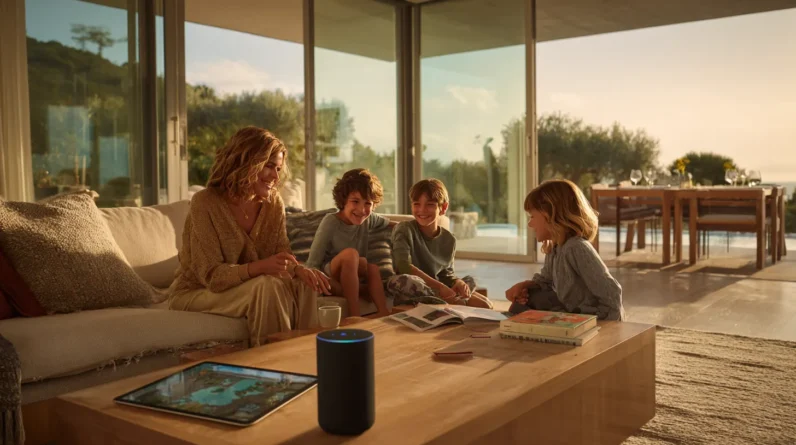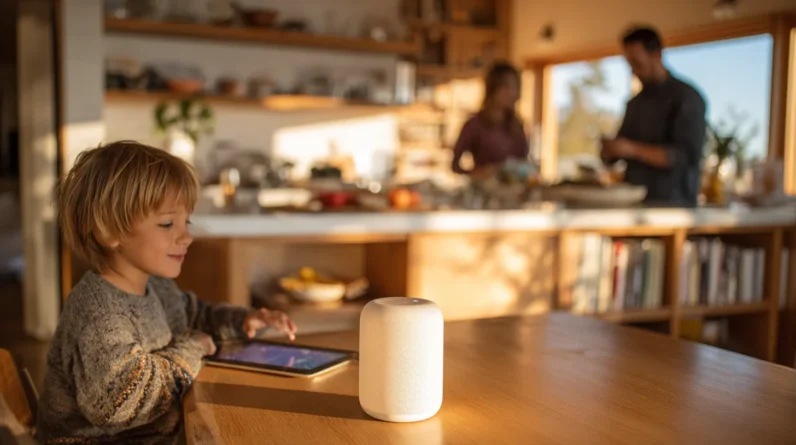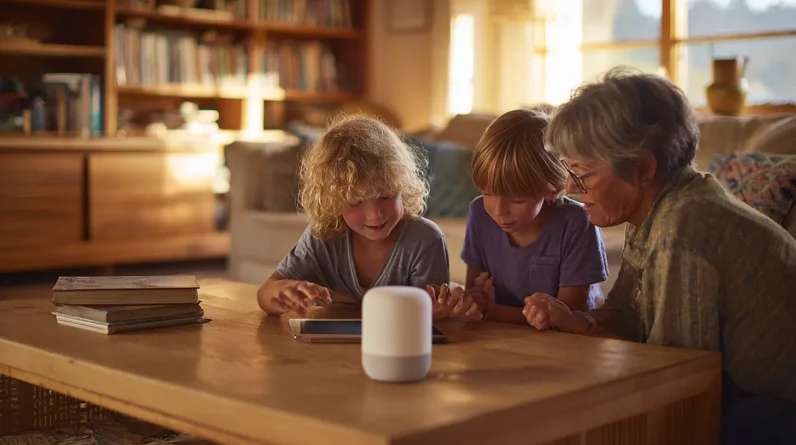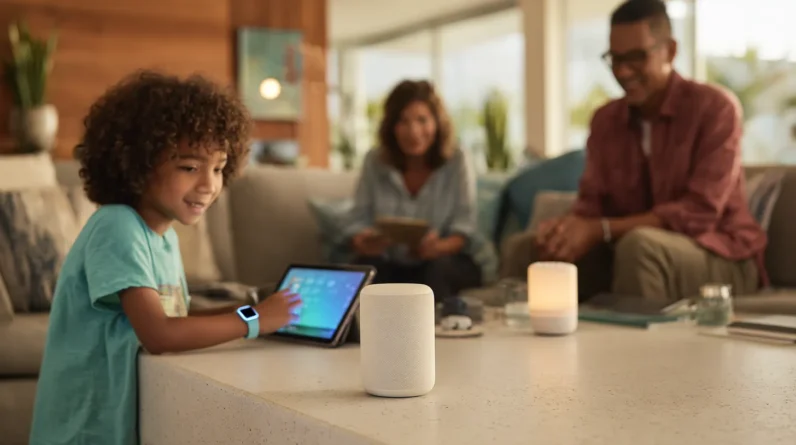
We’re setting a vital precedent for our kids’ well-being by limiting their smart device use. We establish rules, designate device-free zones, and set time limits to promote healthy habits. By doing so, we help them develop essential life skills and reduce dependency on devices. As we explore these strategies, we’ll discover more ways to support their social, emotional, and academic growth, and find a better balance for our kids in a tech-driven world.
Setting Boundaries and Device-Free Zones
As we establish rules to limit our kids’ screen time, we’re setting boundaries that’ll benefit them in the long run. We designate device-free zones, like the dinner table, to promote interaction. We also set time limits on screens, ensuring they don’t interfere with sleep, meals, or homework. By doing so, we help our kids develop healthy habits and reduce their dependency on smart devices, allowing them to focus on other aspects of life. This helps them thrive socially, emotionally, and academically.
Encouraging Physical Activities and Outdoor Play
When we prioritize physical activities and outdoor play, we’re giving our kids a chance to develop essential life skills, like teamwork and problem-solving, while reducing their reliance on smart devices. We encourage outdoor games, sports, and exploration, helping them stay active and engaged. This approach helps kids develop physically, emotionally, and socially, making them less dependent on screens for entertainment and stimulation, and more likely to lead healthy, balanced lives.
Promoting Social Interactions and Family Time
We prioritize social interactions and family time to help our kids develop strong relationships and communication skills, which reduces their need for smart devices as a primary source of interaction. We engage in activities that promote bonding, such as game nights and shared meals. This helps our kids build empathy and understand social cues, making them less reliant on screens for social interaction and more likely to form meaningful connections with others.
Monitoring and Controlling Screen Time Effectively
Effective screen time management is essential to preventing kids’ overreliance on smart devices, and it starts with setting clear limits and guidelines. We use tools to track and control screen time, setting time limits and blocking certain apps. We also monitor their activities, ensuring they’re not accessing inappropriate content. By doing so, we help our kids develop healthy screen use habits, reducing the risk of overreliance and promoting a balance between screen time and other activities. We establish a routine and stick to it.
Teaching Responsible Device Usage and Digital Literacy
Setting clear limits on screen time is just the first step – our kids also need to understand how to use devices responsibly. We teach them to prioritize tasks, avoid distractions, and use devices for educational purposes. We also educate them on online safety, cyberbullying, and digital etiquette. By doing so, we empower them to make informed decisions and develop healthy device habits. This helps them become responsible digital citizens, capable of maneuvering the online world effectively.
Conclusion
We set boundaries, encourage physical activities, and promote social interactions, thereby limiting our kids’ dependency on smart devices. We monitor screen time, teach responsible usage, and create device-free zones, fostering a healthy balance between technology and daily life. By doing so, we help our kids develop essential life skills, just as we help them build strong relationships and maintain a happy, active lifestyle.







